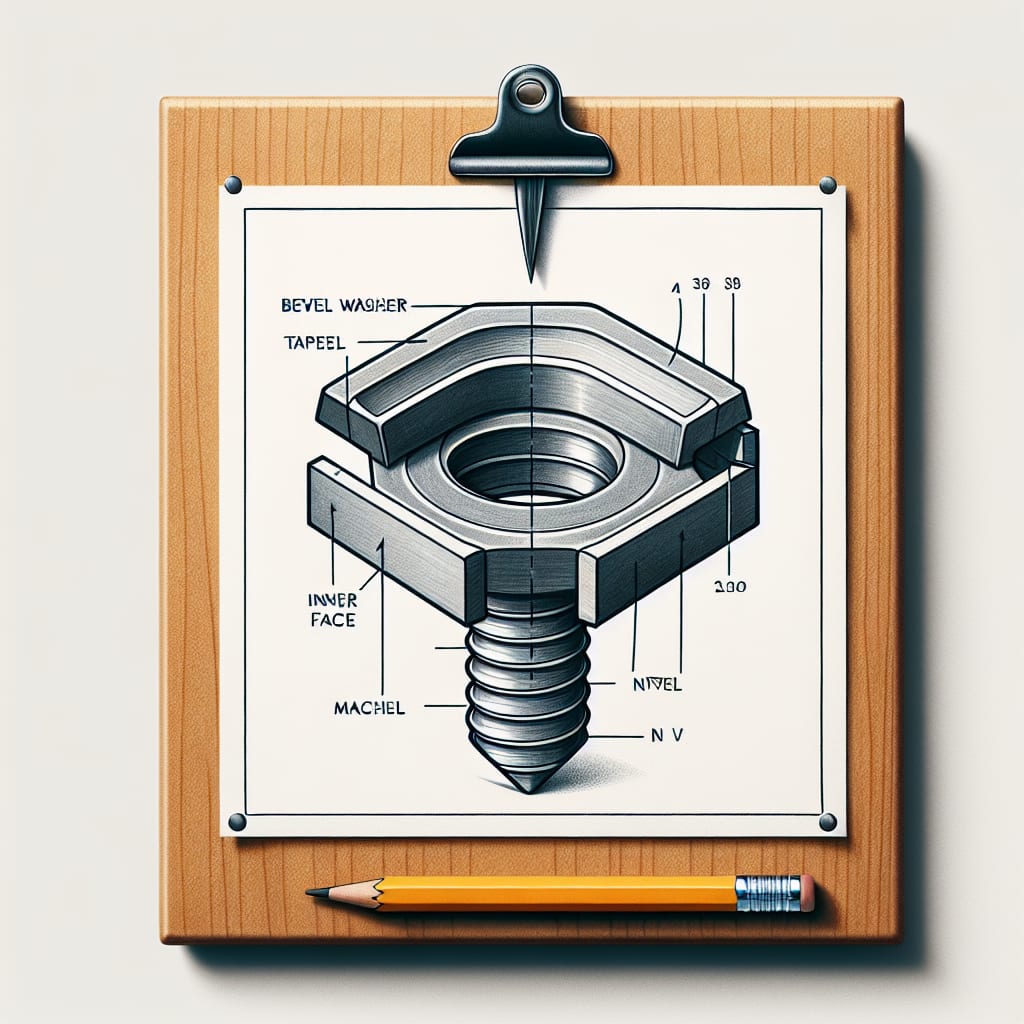wrightpt
Computer
- Jun 9, 2017
- 3
The customer has tons of waste oil. Wants to run b100 biodiesel in his 6.7 Cummins, isx15, and dd15.
To prevent carbon deposits, is it best to have injectors "diamond-like carbon-coated?"
I expressed it is ideal to utilize Viton rubber as gaskets when rebuilding. No rubber gas lines unless Viton.
He said he will take care of timing and software in terms of ignition. Another friend of his has a performance diesel shop.
Many thanks for helping to ensure his b100 transition is a success.
To prevent carbon deposits, is it best to have injectors "diamond-like carbon-coated?"
I expressed it is ideal to utilize Viton rubber as gaskets when rebuilding. No rubber gas lines unless Viton.
He said he will take care of timing and software in terms of ignition. Another friend of his has a performance diesel shop.
Many thanks for helping to ensure his b100 transition is a success.




